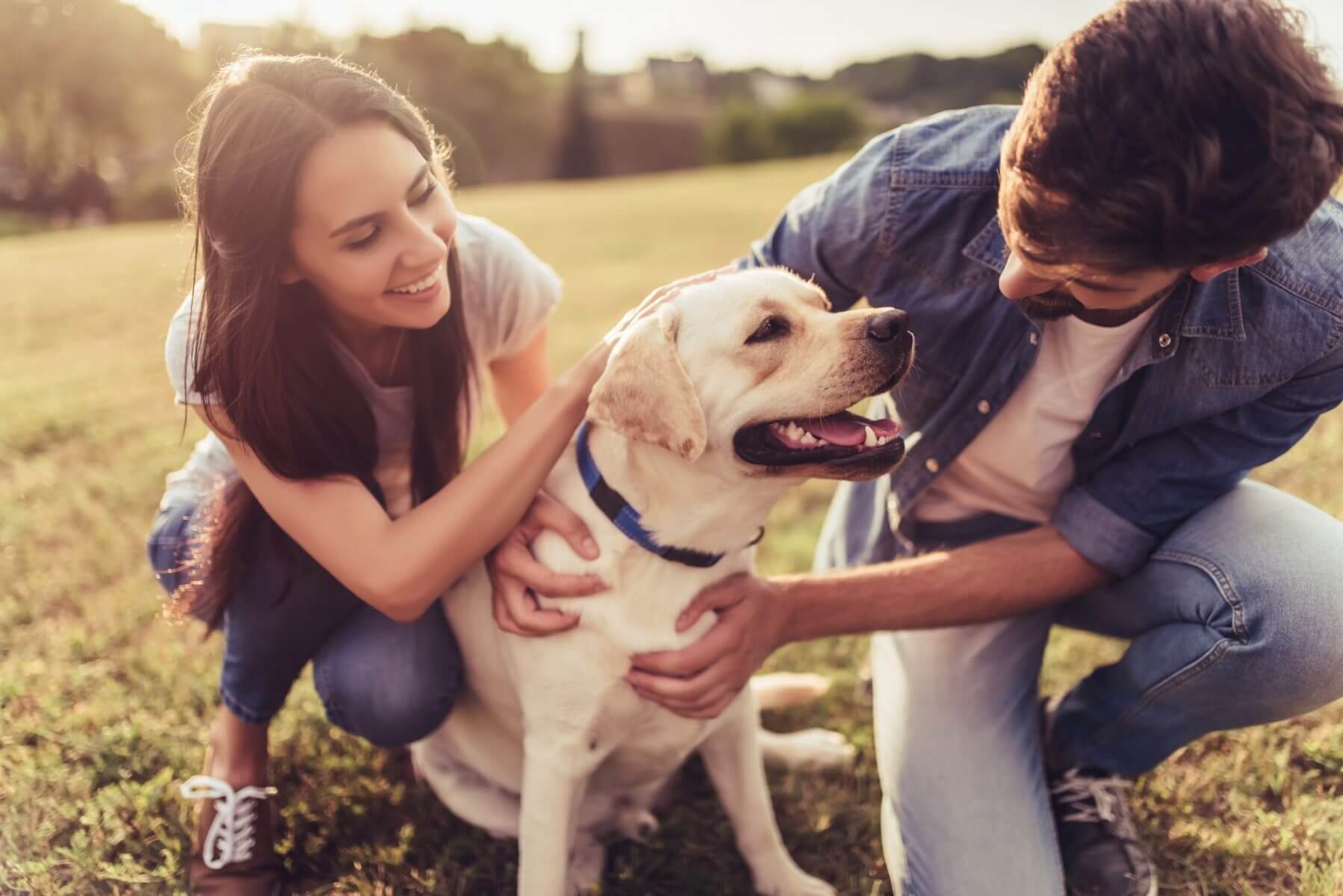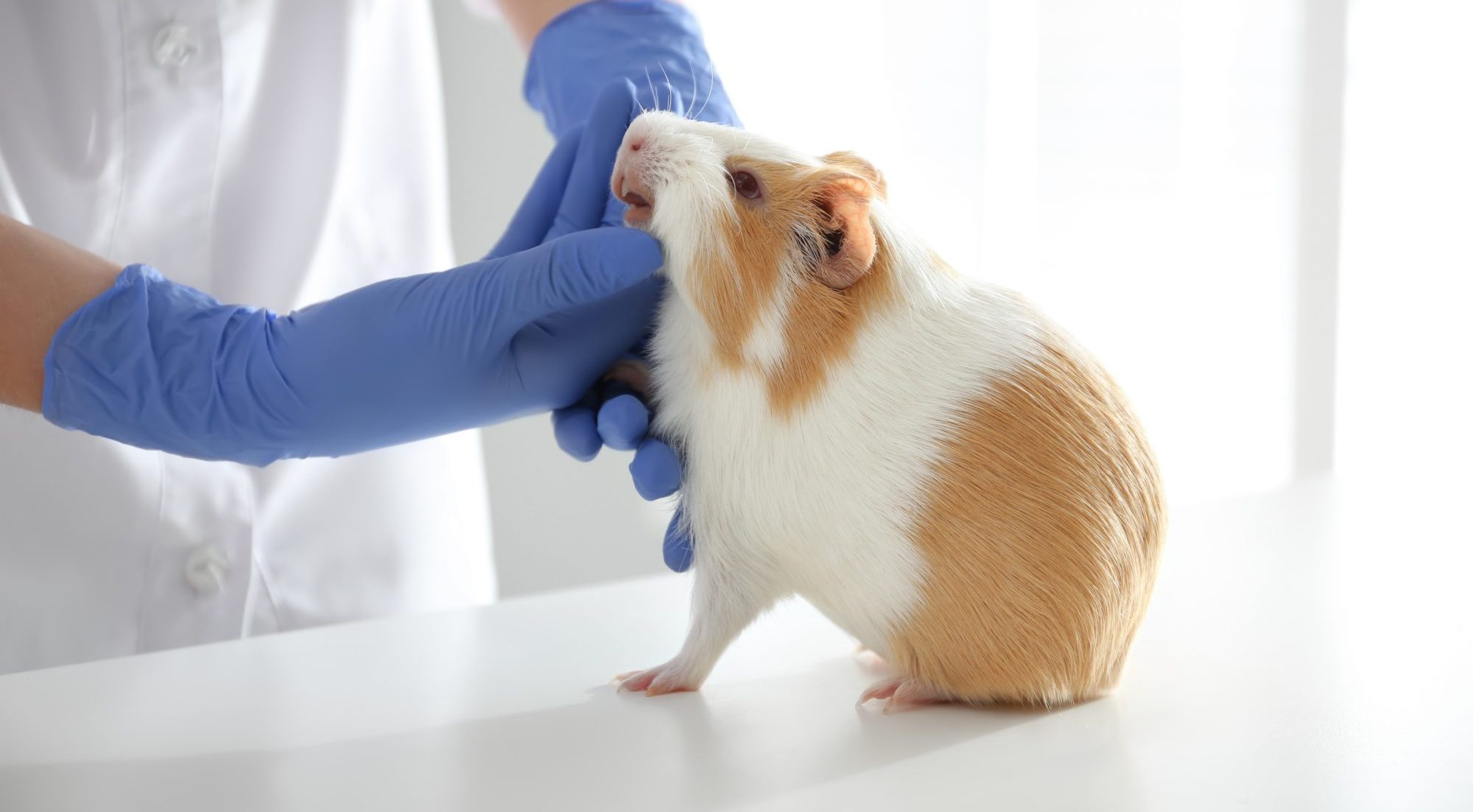Latest Blog
Your home may seem like a safe haven to you, but everyday items can pose hidden dangers to your pet. Household hazards are everywhere, from chewing on electrical cords to accidental ingestion of toxic foods. The team at Blue Lake Animal Hospital is here to introduce simple steps to protect your furry, scaly, or feathered friends from harm.
Here’s a quick breakdown of steps to guard your pets against hazards at home:
- Store harmful foods and plants out of reach.
- Secure all medications and cleaning products.
- Keep electrical cords covered and out of sight.
- Dispose of trash properly to prevent rummaging.
- Monitor pest control use carefully.
- Limit access to potentially harmful spaces like garages and kitchens.
By taking these steps, you can ensure a safer environment for your pets.
Harmful Foods and Plants
Why It’s Dangerous: Many foods and plants that are safe for humans can be harmful—even deadly—for pets.
Hazardous Foods to Avoid:
- Chocolate, coffee, and tea
- Grapes, raisins, and avocados
- Onions, garlic, and chives
- Xylitol-containing products (common in sugar-free gum)
- Alcohol and yeast-based dough
Harmful Plants:
- Lilies and aloe
- Sago palms and azaleas
- Tulip and daffodil bulbs
Action Steps
- Keep foods stored in sealed containers or cabinets.
- Place toxic plants in rooms or on surfaces pets can’t reach.
- Learn about plants toxic to pets and remove them from your home if needed.
Medicine and Cleaning Products
Why It’s Dangerous: Human medications like Tylenol or Advil, as well as chemical cleaning products, can cause poisoning in pets.
Action Steps
- Store all medications in a high cabinet or locked drawer.
- Keep cleaning sprays, bleach, and detergents in cabinets with child-proof locks.
- Never leave open medicine bottles or buckets with cleaning solutions unattended.
Electrical Cords and Small Items
Why It’s Dangerous: Pets, particularly puppies and kittens, may chew cords, risking burns or electrocution. Small objects like batteries, coins, and jewelry can cause blockages if swallowed.
Action Steps
- Use cord covers or secure wires out of your pet’s reach.
- Clean floors frequently to reduce small object hazards.
Trash and Outdoor Chemicals
Why It’s Dangerous: Kitchen trash often contains bones, spoiled food, or packaging that may cause intestinal blockages or poisoning. Outdoors, antifreeze and garden chemicals like fertilizers can be incredibly toxic.
Action Steps
- Use trash cans with tight-fitting lids or store bins in cabinets.
- Avoid using toxic garden products in areas accessible to pets.
- Clean up spills of antifreeze or other chemicals immediately.
Pest Control and Rodent Bait
Why It’s Dangerous: Many pest-control sprays and rodenticides contain toxic ingredients that can harm pets if ingested or inhaled.
Action Steps
- Read and follow all instructions on pest control products carefully.
- Use pet-safe alternatives whenever possible.
- Place rodent baits in areas completely inaccessible to pets.
Access to Hazardous Areas
Why It’s Dangerous: Pets can get into cleaning closets, garages, or kitchens and encounter harmful chemicals, automotive fluids, or sharp tools.
Action Steps
- Child-proof access to garages, bathrooms, or tool sheds.
- Ensure areas containing hazards remain securely closed off.
Small Actions, Big Difference
Your furry friends rely on you to keep them safe. By identifying common household dangers and taking these proactive steps to prevent accidents, you’re giving your pet a healthy, secure environment to thrive in.
Need more guidance on keeping your pet safe? Book a wellness appointment with Blue Lake Animal Hospital today. Our veterinarians can guide you in spotting early signs of trouble and help your pet thrive.

Visit Our Online Pharmacy
Managing your pet’s medical needs is easy when you use our online pharmacy. Renew your pet’s prescription and purchase FDA-approved medication right from the comfort of your home. If you have any questions, contact us to speak with a trusted veterinarian.







